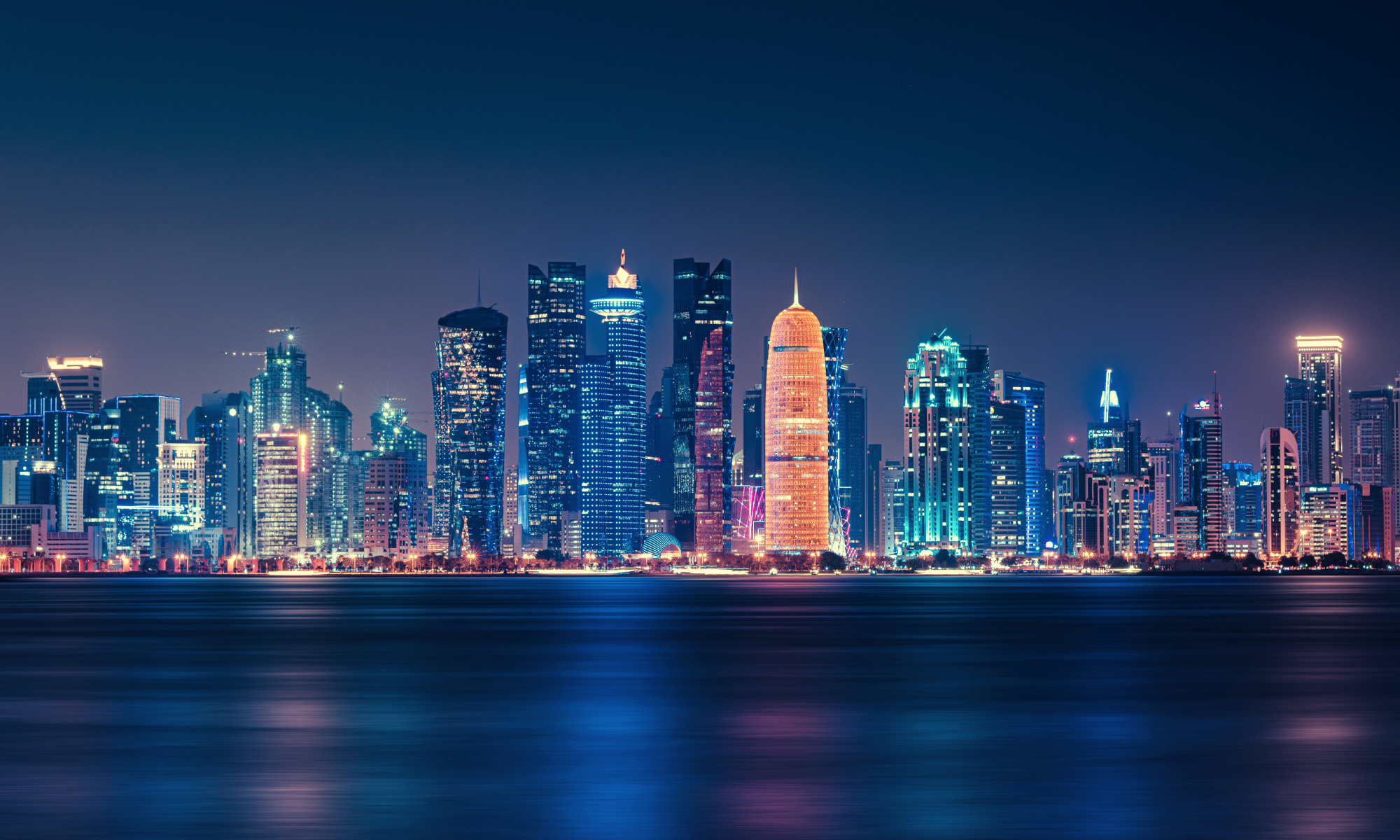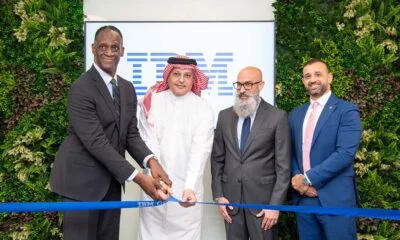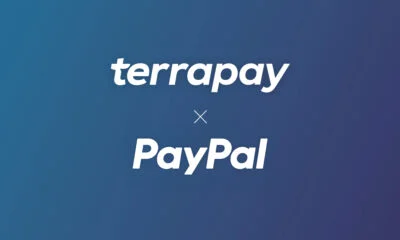News
Qatar’s Capital Aims To Become A Regional Technology Hub
With next year’s Web Summit, Doha hopes to energize its budding startup ecosystem.

On May 4-7, 2024, Qatar will become the first Middle Eastern country to host one of the world’s largest technology conferences. Web Summit, founded in 2009, is among the most popular expos on emerging digital technology and venture capitalism and is expected to draw 7,500 participants, as well as legions of journalists and investors.
Hosting the Web Summit event is highly significant for Qatar, as digital transformation and technology are at the center of the country’s national and global ambitions, with the sector contributing over $3 billion annually to GDP. Officials and investors alike hope that the conference will help to cement Qatar’s position as an important Middle Eastern startup and tech hub.
“Qatar has proved during the World Cup that it can host world-class events. The world now sees Qatar as a sports and tech powerhouse that is not only interested in investing in technology externally but also to accelerate digitization locally,” says Jamal Bdeir, Small and Medium Business Lead, Middle East Cluster, at Microsoft.
The summit should open up an array of opportunities for local startups. At the same time, the Qatar Science & Technology Park will allow international tech firms to learn more about the country’s wide-ranging entrepreneurship ecosystem that supports new businesses using a mixture of tax reductions and modern legislation.
Also Read: Saudi Scientists From KAUST Find New Way To Store CO2
Besides attracting big tech firms, the upcoming Web Summit has created a considerable buzz in Qatar’s local startup space. Many Doha-based startups that haven’t had the opportunity to showcase their solutions on the global stage will now gain a worldwide platform without having to worry about physical travel.
Ramzan Al Naimi, the founder of local startup hub the Innovation Café, is an enthusiastic supporter of the event, noting: “The conference provides Arab youth and local talent the opportunity to connect with global companies and experts in the technology field, learn from them, and access job and training opportunities”.
The widespread optimism surrounding the event seems to be well-founded. Lisbon has greatly benefited from being a host city and local technology hub, drawing several investors and upcoming startups to Portugal due to the buzz created by the Summit conference.
News
Google Releases Veo 2 AI Video Tool To MENA Users
The state-of-the-art video generation model is now available in Gemini, offering realistic AI-generated videos with better physics, motion, and detail.

Starting today, users of Gemini Advanced in the MENA region — and globally — can tap into Veo 2, Google’s next-generation video model.
Originally unveiled in 2024, Veo 2 has now been fully integrated into Gemini, supporting multiple languages including Arabic and English. The rollout now brings Google’s most advanced video AI directly into the hands of everyday users.
Veo 2 builds on the foundations of its predecessor with a more sophisticated understanding of the physical world. It’s designed to produce high-fidelity video content with cinematic detail, realistic motion, and greater visual consistency across a wide range of subjects and styles. Whether recreating natural landscapes, human interactions, or stylized environments, the model is capable of interpreting and translating written prompts into eight-second 720p videos that feel almost handcrafted.
Users can generate content directly through the Gemini platform — either via the web or mobile apps. The experience is pretty straightforward: users enter a text-based prompt, and Veo 2 returns a video in 16:9 landscape format, delivered as an MP4 file. These aren’t just generic clips — they can reflect creative, abstract, or highly specific scenarios, making the tool especially useful for content creators, marketers, or anyone experimenting with visual storytelling.
Also Read: Getting Started With Google Gemini: A Beginner’s Guide
To ensure transparency, each video is embedded with SynthID — a digital watermark developed by Google’s DeepMind. The watermark is invisible to the human eye but persists across editing, compression, and sharing. It identifies the video as AI-generated, addressing concerns around misinformation and media authenticity.
While Veo 2 is still in its early phases of public rollout, the technology is part of a broader push by Google to democratize advanced AI tools. With text-to-image, code generation, and now video creation integrated into Gemini, Google is positioning the platform as a full-spectrum creative assistant.
Access to Veo 2 starts today and will continue expanding in the coming weeks. Interested users can try it out at gemini.google.com or through the Gemini app on Android and iOS.























